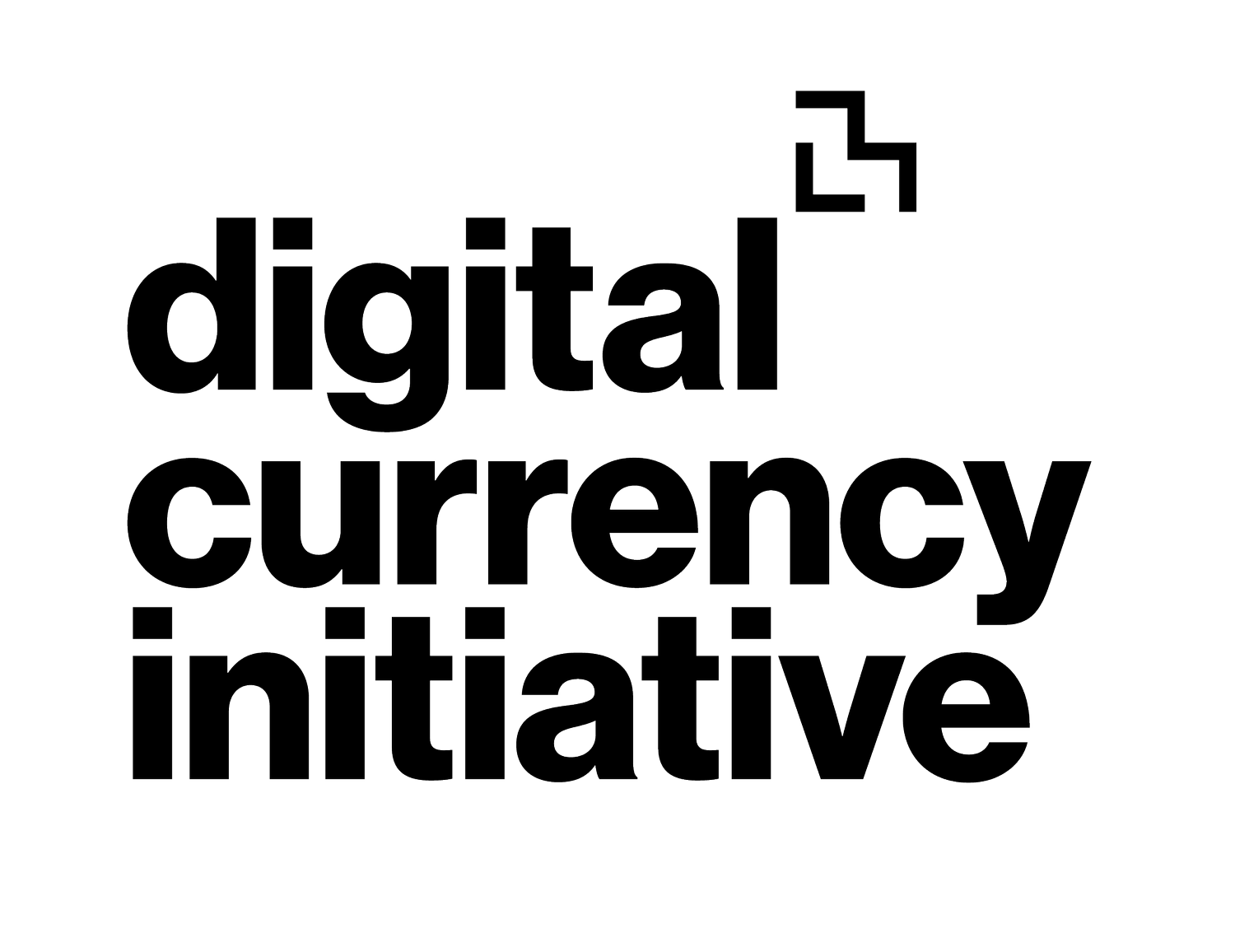
MIT DCI Hosts a Fireside Chat with Dr. Agustín Carstens, General Manager of the Bank for International Settlements
Why does innovation in financial services matter to everyone, and how can the public sector support its advancement? On Thursday, September 26, MIT’s Digital Currency Initiative was privileged to host a visit and fireside chat at the Media Lab on these questions and on the future of money with Dr. Agustín Carstens, General Manager of the Bank for International Settlements in Basel, Switzerland.

Engaging with regulators, insights from near and afar: an interview with Chris Calabia in The Axial Studio
DCI senior advisor Chris Calabia was interviewed on his experience as a regulator, his advice for innovation, and more. Chris worked for over twenty years at the Federal Reserve Bank of New York. Through that role and others, including as a Senior Advisor on regulatory policy at the Bill & Melinda Gates Foundation, Chris has worked closely with regulators from all of the world, providing him a unique perspective not only into the mindset of US regulators, but regulators in many different socioeconomic contexts.

In the Face of Fragility: Central Bank Digital Currencies
On Tuesday, January 17th at the World Economic Forum in Davos, Switzerland, Axios markets reporter Courtenay Brown and MIT Media Lab Digital Currency Initiative director Neha Narula considered the most pressing issues facing cryptocurrency today including how (and if) the industry should be regulated, how governments and financial institutions should interact with the sector, and how investments could be safeguarded. The View from the Top sponsored segment featured Ripple chief executive officer Brad Garlinghouse.

OMFIF: "CBDCs present new opportunities for handling disputes and fraud" by DCI Team Members
Potential designs may involve intermediaries in new and different ways
Central bank digital currencies potentially offer, in a digital form, the advantages of central bank money: settlement finality, liquidity and integrity. However, both offline and online commerce are susceptible to fraud and other kinds of disagreements. The existing techniques for managing fraud and disputes focus on giving users easy access to chargebacks, which relies on intermediaries to resolve disputes. Potential designs for CBDC may involve intermediaries in new and different ways, or may not use intermediaries at all, calling into question how to address fraud if CBDCs become widely used.

MIT Technology Review: “The MIT researcher who helps senators understand digital currencies“
Last summer, a special subcommittee of the US Senate met remotely to weigh the benefits of launching a central-bank digital currency, or CBDC—something that could, if optimally designed, transform the US financial system, making it more accessible to more citizens. For senators staring intently at their laptops, this was basically the first day of digital-currency school. And to introduce them to this highly technical world, the first witness that Senator Elizabeth Warren called was MIT Digital Currency Initiative director Neha Narula.

MIT Digital Currency Initiative (DCI) announces research collaboration with the Bank of England on central bank digital currency
The Bank of England announced an agreement to collaborate on a twelve-month Central Bank Digital Currency (CBDC) research project with MIT Digital Currency Initiative. The agreement supports and builds on DCI’s ongoing research into CBDC, while also contributing to the Bank of England’s wider research and exploration of central bank digital currencies. While no decision has been made on whether or not to introduce a CBDC in the UK, the work will investigate and experiment with potential CBDC technology designs and approaches, and evaluate key tradeoffs, opportunities, and risks. This type of research can help inform wider policy development by contributing important technical ideas and questions.

MIT Digital Currency Initiative (DCI) announces research collaboration with the Bank of Canada on central bank digital currency
Today, the Bank of Canada announced an agreement to collaborate on a twelve-month CBDC research project with the MIT Digital Currency Initiative. The agreement supports and builds on the DCI’s ongoing research into CBDC, while also contributing to the Bank of Canada’s wider research agenda into digital currencies and fintech. The work will investigate and experiment with potential CBDC technology designs and approaches, and evaluate key tradeoffs, opportunities, and risks. While no decision has been made on whether or not to introduce a CBDC in Canada, this type of research can help inform wider policy development by contributing important technical ideas and questions.

"Why Central Bank Digital Currencies?" in Federal Reserve Bank of New York's Liberty Street Economics
DCI Director Neha Narula co-authored the piece, "Why Central Bank Digital Currencies?" published in the Federal Reserve Bank of New York's Liberty Street Economics
“In the past year, a number of central banks have stepped up work on central bank digital currencies (CBDCs – see map). For central banks, are CBDCs just a defensive reaction to private-sector innovations in money, or are they an opportunity for the monetary system? In this post, we consider several long-standing goals of central banks in their support and provision of retail payments, why and how central banks tackle these issues, and where CBDCs fit into the array of potential solutions.”

"The Fed’s digital dollar could bring millions into the digital economy" by Quartz
Neha discussed her Subcommittee Hearing: Building A Stronger Financial System: Opportunities of a Central Bank Digital Currency on June 9th and DCI’s current collaborative CBDC project with the Federal Reserve Bank of Boston, with Scott Nover of Quartz.

"Still Getting Your Head Around Digital Currency? So Are Central Bankers." Talks with DCI's Neha Narula
If you are trying to grasp Bitcoin and understand what China’s digital yuan means, America’s Federal Reserve is right there with you.
America’s Federal Reserve says it is in no rush to issue a digital currency, but it is coming under intense and increasing pressure to research and understand the design and potential of digital money.
